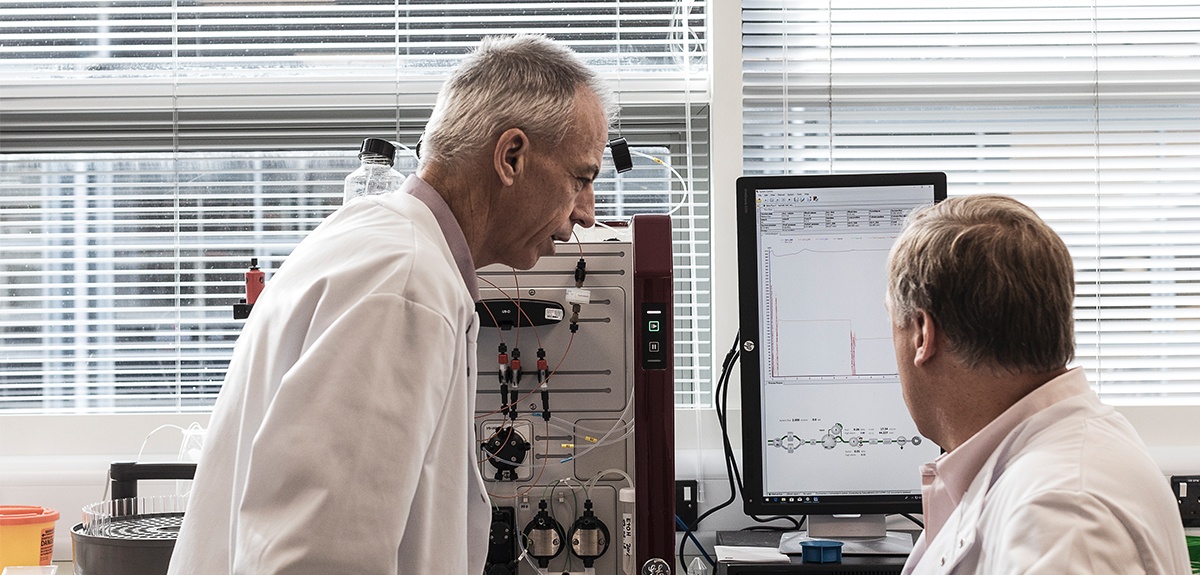
Is the blood-brain barrier still impenetrable?
Exosomes are tiny envelopes within every cell of the body, containing vital signals and genetic material that keep the cells working in harmony. They are an integral part of every system and function in all living things. This is a new frontier of research – exosomes’ function was only discovered in the 1990s – so we are still discovering their potential.
The way that exosomes travel and communicate with cells may mean that they can be used to treat illnesses like autoimmune diseases and cancer. They are also unique in that they are small enough to cross the barrier between the bloodstream and the brain; only 2% of existing pharmaceutical treatments can do this, meaning that most drugs cannot access one of the most important targets of treatment. Drugs targeting the brain can, instead, interact negatively with proteins in the bloodstream, be made ineffective by enzymes in the blood, or become damaged while crossing the blood-brain barrier. This means that diseases affecting the brain – central nervous system disorders and illnesses like Alzheimers and Parkinson’s – still lack effective treatments. Evox is working to change this.
Evox is harnessing the potential of exosomes – improving the delivery of pharmaceuticals, creating brand new therapies for diseases, and providing a new way to target existing therapies to new locations in the body. Based on research by Oxford Professor of Neuroscience Dr Matthew Wood and led by CEO Tony De Fougerolles, EvOx is going to revolutionise the discovery, development, and delivery of new medicines.